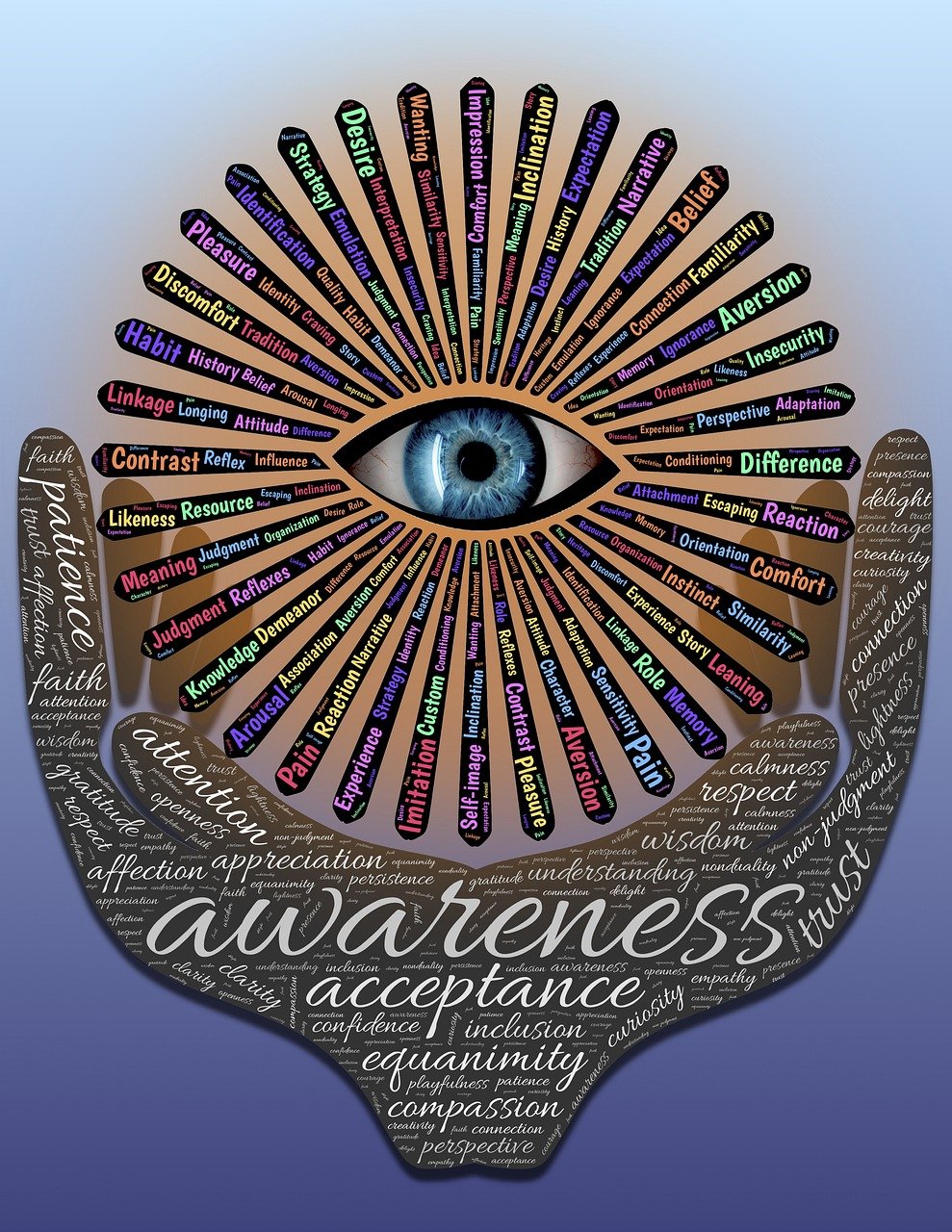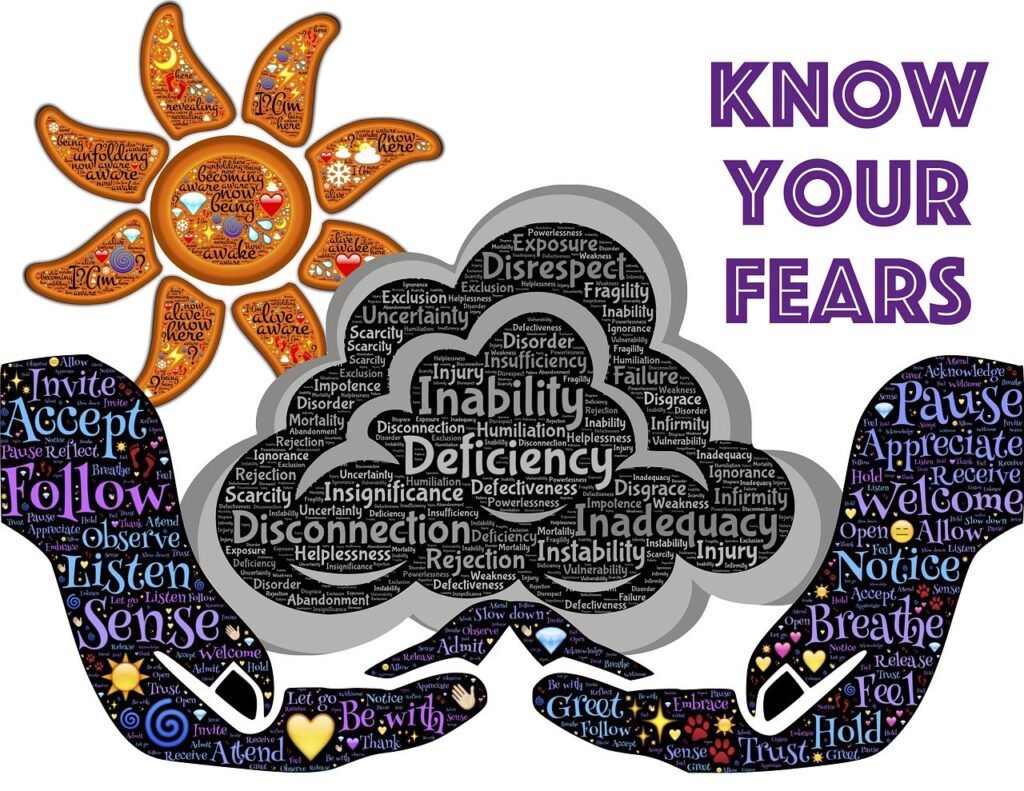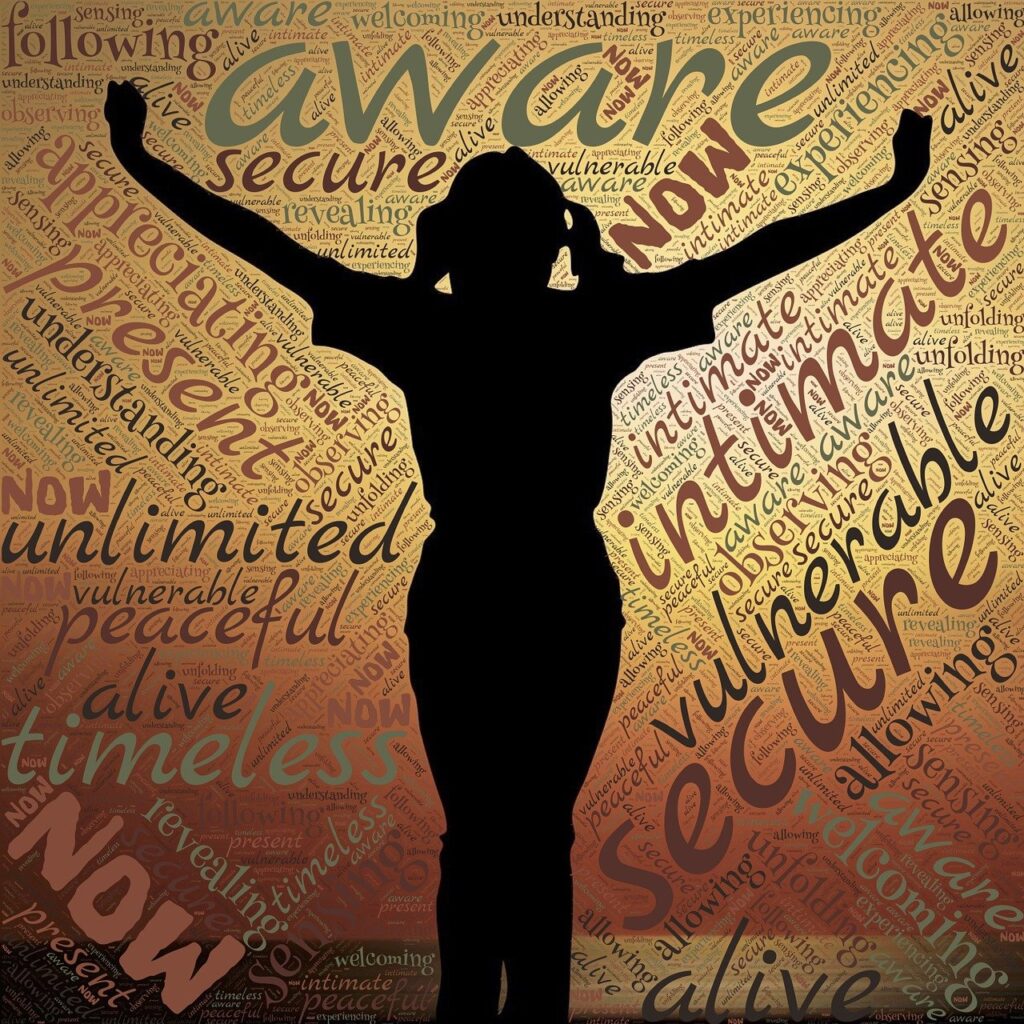Self-awareness is the ability to recognize and understand your thoughts, feelings, and behaviors, and how they impact yourself and others. It involves being mindful of your strengths and weaknesses, values, and motivations. Here are some key components of self-awareness:
- Emotional Awareness: Understanding your emotions and how they influence your actions. This includes recognizing triggers and being able to articulate your feelings.
- Self-Reflection: Taking time to think about your experiences and choices, examining what you did well and where you can improve.
- Understanding Values: Knowing what is important to you and how those values guide your decisions and behavior.
- Recognizing Patterns: Identifying recurring behaviors or thought patterns in your life, can help you understand how you respond to various situations.
- Feedback Reception: Being open to feedback from others and using it to gain insights into how you’re perceived.
- Mindfulness: Practicing being present in the moment, can enhance your awareness of your thoughts and feelings as they arise.
Self-awareness is a foundational skill for personal growth, emotional intelligence, and effective communication. It can lead to better decision-making, improved relationships, and greater overall well-being.
What Are Signs Of Lack Of Self-Awareness
Lack of self-awareness can manifest in various ways. Here are some common signs:
- Difficulty Accepting Feedback: Struggling to receive constructive criticism or becoming defensive when others provide input about your behavior.
- Inconsistent Behavior: Frequently acting in ways that contradict your stated values or beliefs, leading to confusion for yourself and others.
- Poor Emotional Regulation: Having strong emotional reactions that seem disproportionate to the situation, indicating a lack of understanding of your triggers.
- Blaming Others: Consistently attributing your problems or failures to external factors rather than reflecting on your role in those situations.
- Struggles with Relationships: Having frequent conflicts with others or difficulty maintaining relationships due to misunderstandings or inability to empathize.
- Limited Reflection: Rarely taking time to think about your thoughts, feelings, and actions, leads to a reactive rather than proactive approach to life.
- Resistance to Change: Feeling uncomfortable with or resistant to change, often due to an inability to recognize the need for personal growth.
- Overconfidence or “Underconfidence“: Exhibiting extreme confidence in your abilities without basis, or conversely, consistently doubting your worth and skills.
- Lack of Goals or Direction: Not having clear personal or professional goals, or feeling lost and unsure about your path in life.
- Difficulty Understanding Others: Struggling to empathize with others or failing to recognize how your actions affect those around you.
If you notice these signs in yourself, it may be helpful to engage in self-reflection and seek feedback from trusted individuals to enhance your self-awareness.
How To Build Self-Awareness?
Building self-awareness is a valuable journey that can enhance your personal and professional life. Here are some effective strategies to develop self-awareness:
- Journaling: Write regularly about your thoughts, feelings, and experiences. Reflecting on your day can help you identify patterns and gain insights into your behavior.
- Mindfulness Practices: Engage in mindfulness meditation or deep-breathing exercises to become more aware of your thoughts and emotions in the present moment.
- Seek Feedback: Seek honest feedback from trusted friends, family, or colleagues about their perceptions of you. Be open to their insights without becoming defensive.
- Self-Reflection: Set aside time for self-reflection. Consider your motivations, values, and how your actions align with them. Questions like “What insights did I gain today?” or “How did I respond in that situation?” can be helpful.
- Personality Assessments: Take personality tests (like the Myers-Briggs Type Indicator or Enneagram) to gain insights into your tendencies and preferences.
- Set Goals: Define personal and professional goals. Regularly evaluate your progress and adjust your approach as needed, which can help you understand your motivations and habits.
- Active Listening: Make an effort to be completely attentive when others are speaking. This can help you understand how your responses affect those around you and enhance your emotional awareness.
- Observe Your Reactions: Notice how you respond in various situations. Consider your emotional responses and the triggers behind them.
- Challenge Negative Thoughts: When you notice self-critical or negative thoughts, question their validity and reframe them into more positive or constructive perspectives.
- Engage in New Experiences: Trying new activities or stepping outside your comfort zone can help you learn more about your preferences and reactions.
Building self-awareness is an ongoing process. Regular practice and a willingness to learn from your experiences can lead to greater understanding and growth over time.



